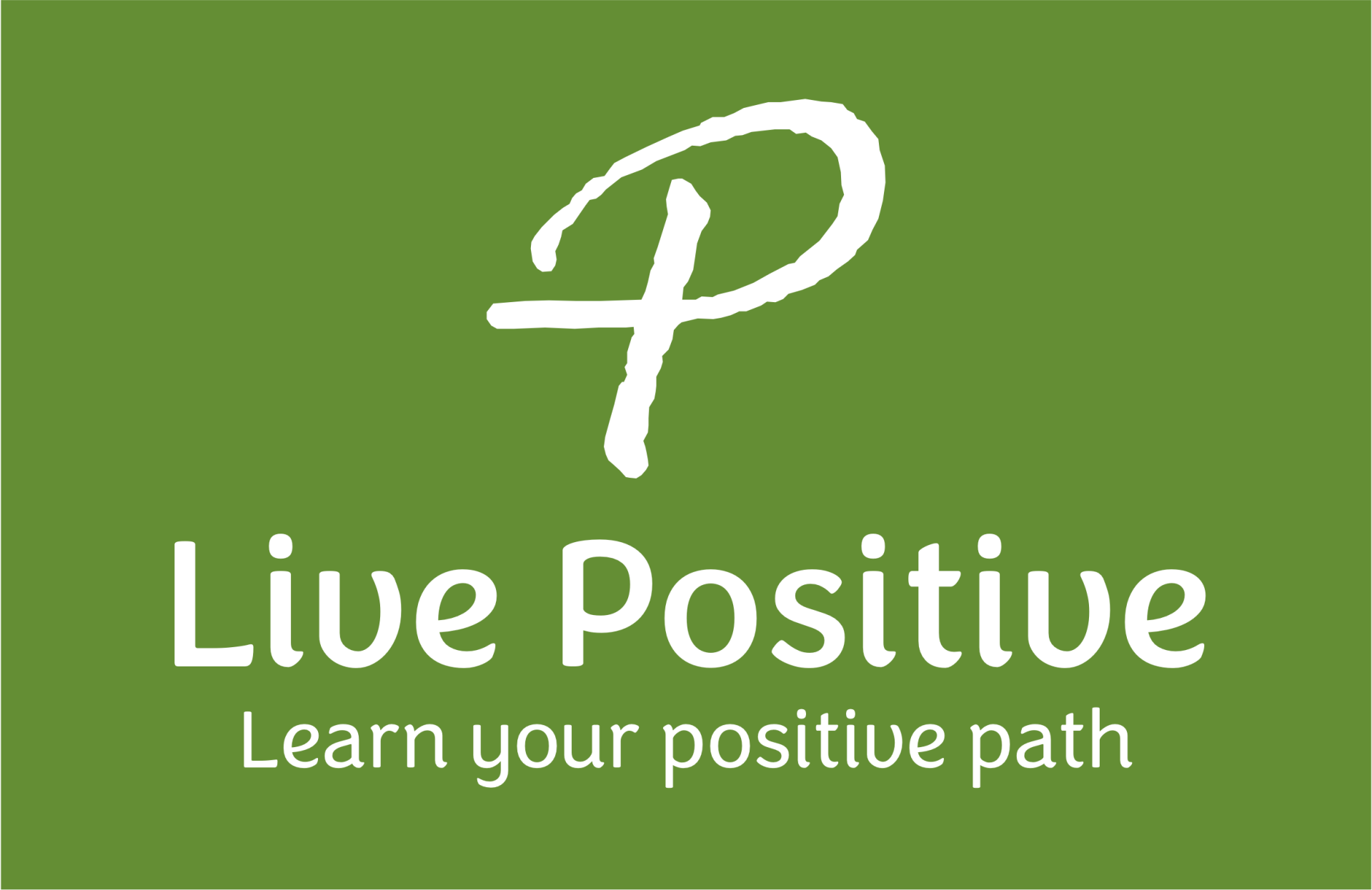Letting Shame Work for You, Not Against You!
Remember the last time you felt shame for whatever the reason? You might have said or done something that you so terribly regretted or that resulted in altercations that put a big dent in your relationship, self-confidence and/or self-esteem. I want to say ‘ouch’ but then I remember people who have lost their homes, family, and friends because of the choices they made and about how they might feel and how their emotions are stirring up thoughts and behavioural patterns that others think are odd. This deserves a bigger ‘ouch’!
Look, we all live in a world where our social interactions, values, and personal desires define who we are and how we feel. But it is also a world in which people deal with all sorts of adversities, no matter how big or small they may be. So, when wars destroy homes, Tsunamis take lives, and things that people hold dear are taken away, it is people’s emotions are at stake. The fact is that adversities are inevitable, and people are not pain proof. But one thing is for sure, we will always be our own superheroes. If we can’t do it for ourselves, no one can do it for us.
You don’t believe me? Let’s look at the history of human existence, the world, nature, our ecological landscape, the people, their uniqueness (physically and emotionally) and how we have managed to co-exist for so many millions of years and still going despite the natural disasters, wars and destructions we have faced over and over again. We have continued to thrive as a species instead of going extinct In fast we have learned to fine tune the process of bouncing back so well that we continue grow in number every day. Why? Well, the one thing that has brought us this far and will take us much further is resilience. Read on, but only if you agree with this. Stop if you don’t agree.
To make the link between shame and resilience, we have to understand a few things. Resilience is not just a naturally built in phenomenological process that serves people throughout their lifetime from the day they are born. On the contrary, it takes a fair bit of nurturing to build this super-heroic power. But it has to start somewhere. So, let’s start with the idea that people can’t fix what’s not broken. It’s simply not possible. In other words, if you haven’t broken a leg or a heart, there is nothing to fix. Resilience is not even a thing yet. We only attend to those experiences that bring us pain, whether physical or emotional. And this is where the process begins. But it takes a great deal of self-regulation, persistence, and self-compassion to recover from the trauma. The good news is that you come out of it more prepared for the next adversity, should it happen again. Where do you think, what doesn’t kill you makes you stronger comes from?
And now to shame; The fact of the matter is that no matter how big or small your adversity may be, negative emotions take you on a very fast downward spiral. At the bottom of this spiral fall is a pit where all the other negative emotions live, waiting for you to get there so they can feed on you. Sounds eerie, doesn’t it? Well, shame has a way of taking you there very quickly. That is, if you let it.
So it might help if we understood the origins of shame to begin with. For the bigger part, shame is an emotion that is cultivated by your community and its values. If you want or have to be a part of that community, there are code of ethics, moral beliefs, and behavioural patterns that you are obliged to adhere to otherwise you would be seen as one who has misrepresented that community and therefore, not capable of your role there. As a result, you become unworthy, unwanted, and disrespected. Who wants that? So what we end up doing is compromising our authentic selves to serve our community and sometimes we are rewarded for it, which makes us feel better a little about ourselves but other times it might create resentment for those around us and even more so for ourselves. So here are a few things that are likely to happen in our daily engagements and within the community we live.
· Our ideas clash because our values clash.
· We don’t see eye to eye with the people we interact with. Stress levels rise as we become more and more involved with negative thoughts.
· Our behavioural patterns change for the worse.
· We start place blame on those around us and ourselves.
· We start to fake pleasure and create a façade.
· At this point, the stress of all this is wearing us down and life satisfaction is at its lowest.
· Oh yes, and you have lost sight of your own wellbeing so much that you don’t realise why you feel tired, run down, depressed, and generally unwell.
Can you relate to any of that?
Now imagine how different it would be if you knew exactly what was happening with you and around you. All you have to do is to open that mental gateway to your positive psychology retreat where you have stored all your tools.
In the greater scheme of things, shame may be a painful state to be in, but it also plays a crucial role in maintaining social binding because we are social creatures and this binding give our lives and purpose and meaning. If you were to live without shame or whoever you, yourself, chose to be, you would probably choose to live with shame.
In the absence of positive psychology, theorists have proposed methods such as accepting your vulnerabilities, increasing your level of awareness, practicing empathy and being able to talk about your emotional state. Easier said than done. It takes a lot of strength to do all of that. But that is where positive psychology comes in handy. Anything is possible if you understand what those positive psychology tools are and what they can do for you. All you have to do right now is imagine a version of you that lives with higher self-esteem and confidence. How does that feel? The answer to that question will put you on your path. I call it the positive path.
There are so many ways of dealing with shame and building resilience towards it. For the time being, you might want to consider this one and see if it works for you.
1. Reflect on the experience that brought you shame
2. Go to your mental positive psychology retreat
3. Identify the strength(s) that would serve you best
4. Use those tools to raise self-awareness and design a path to positive emotions
5. Leave your ego behind and implement your design
6. Journal the outcome, your thoughts, your emotions, and what you would do differently next time.
Alternatively, you might want to call me 😊


